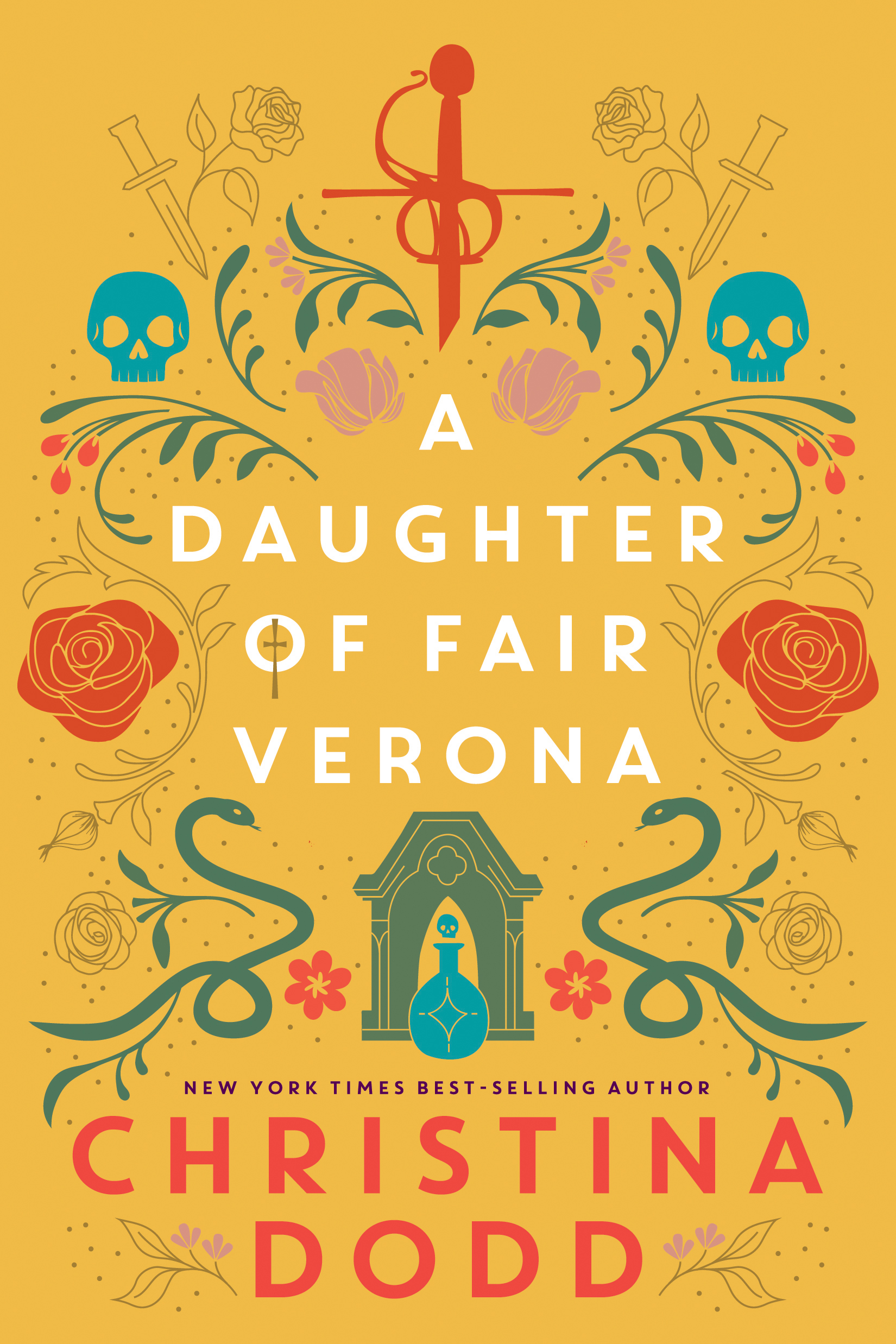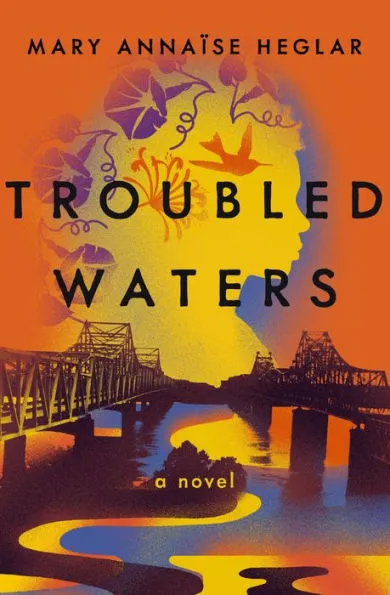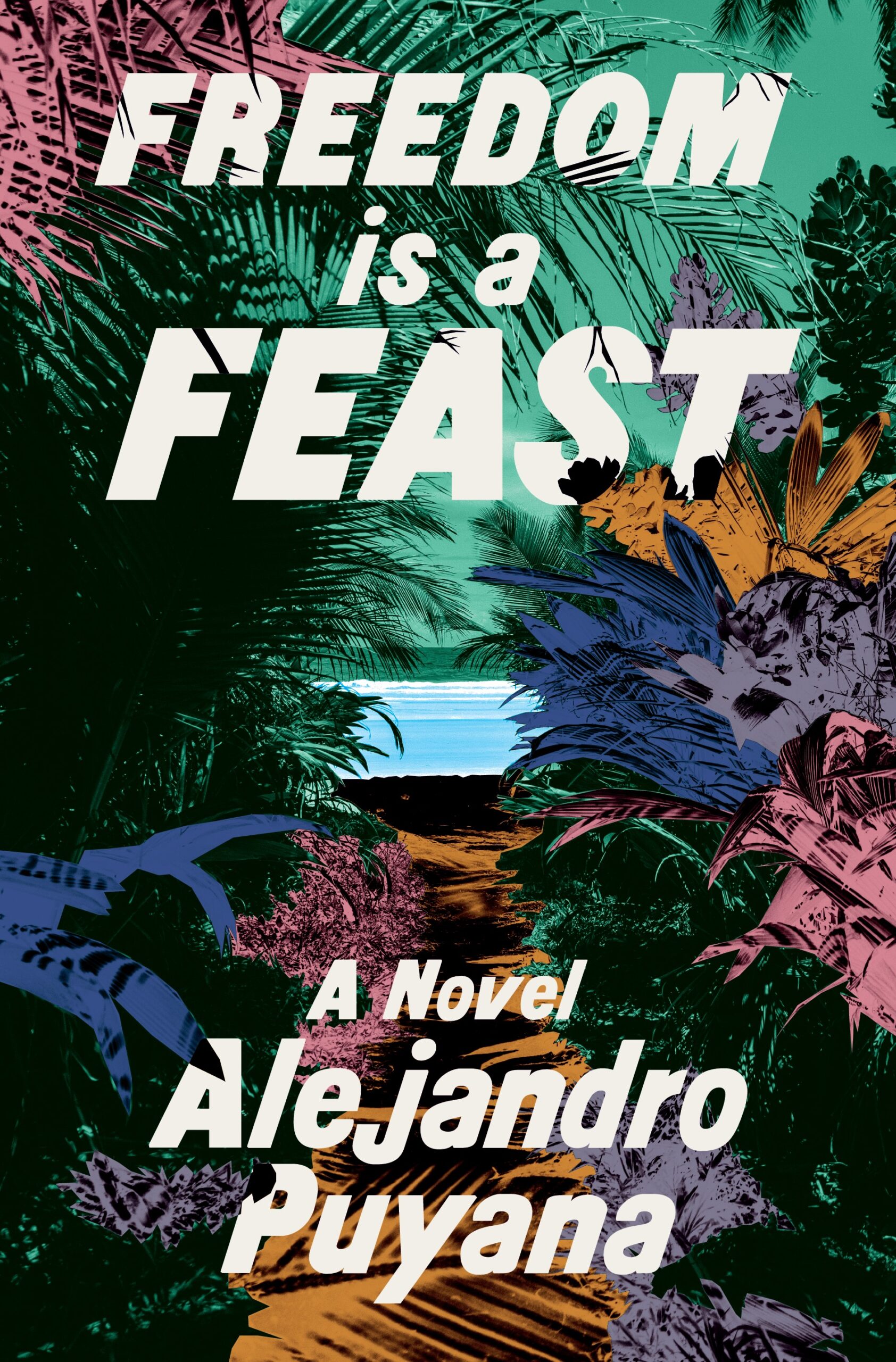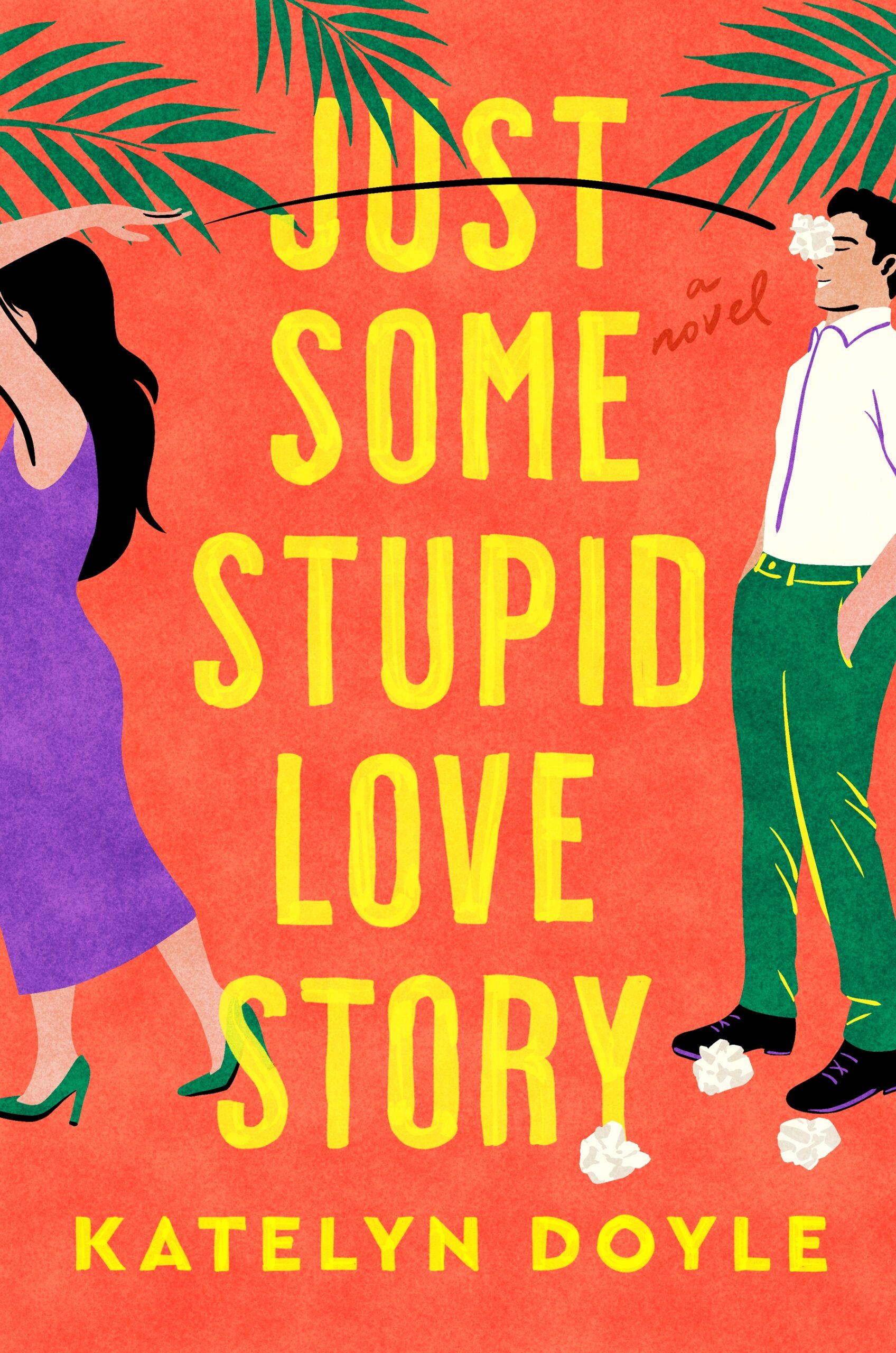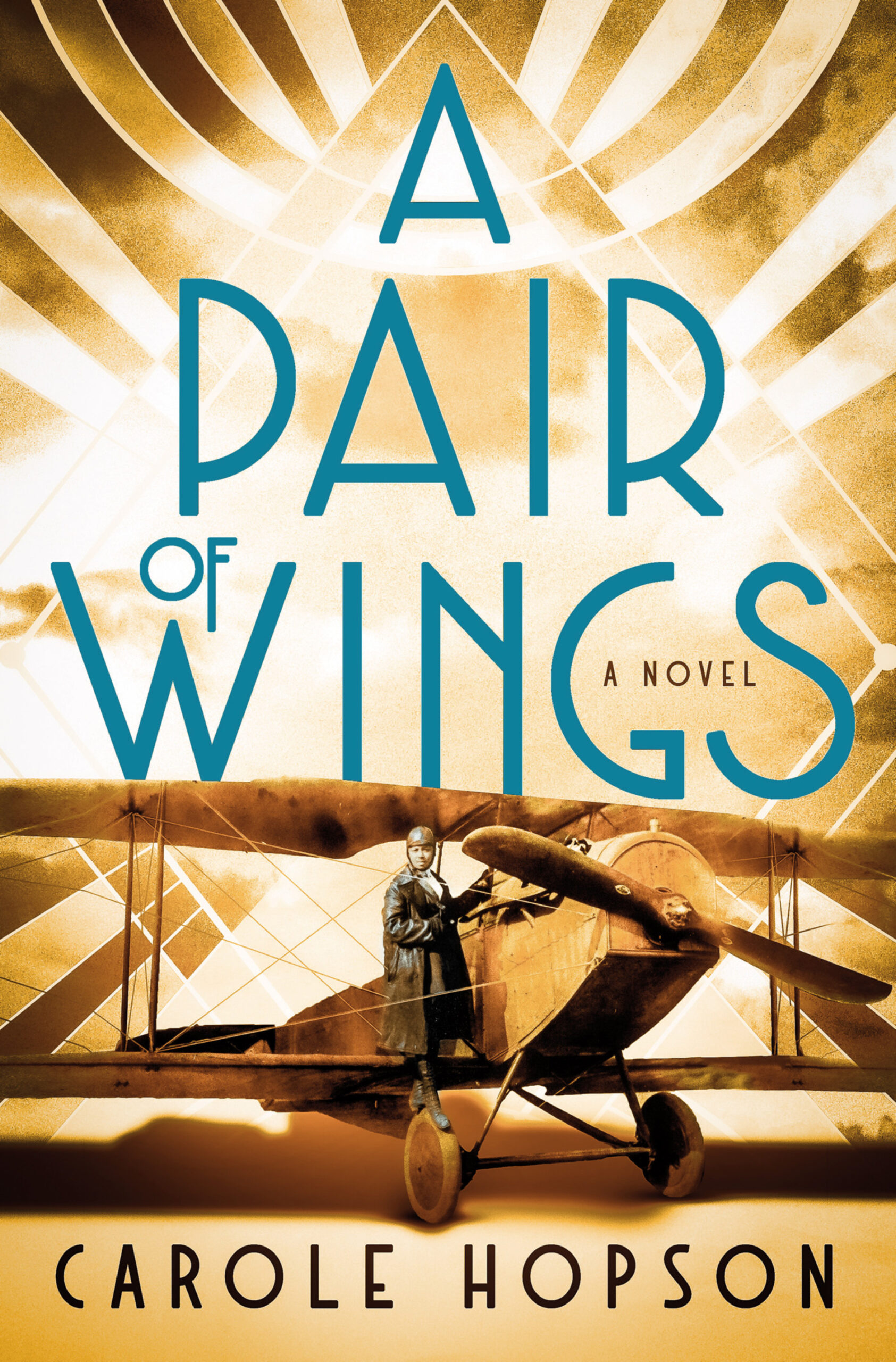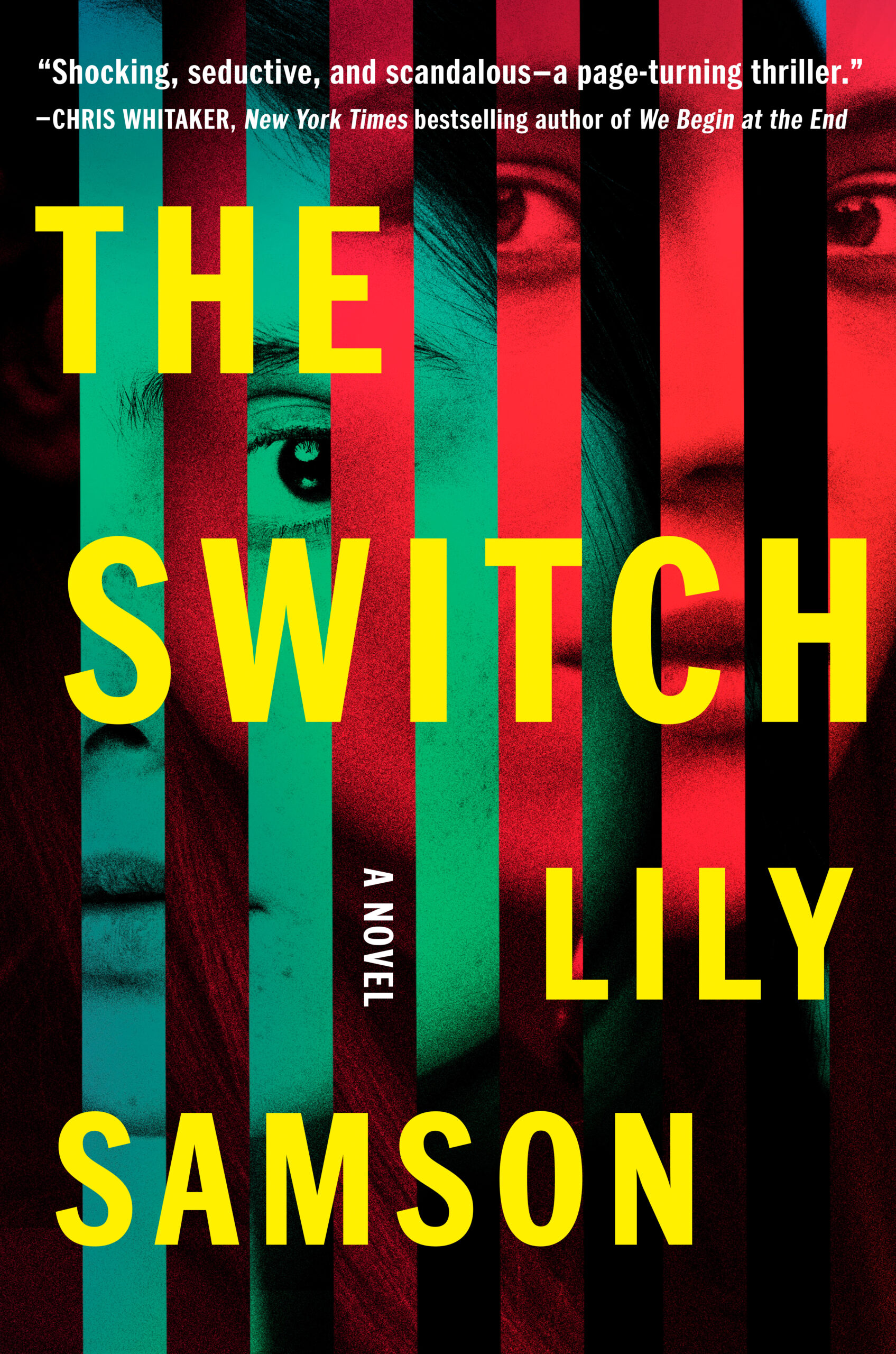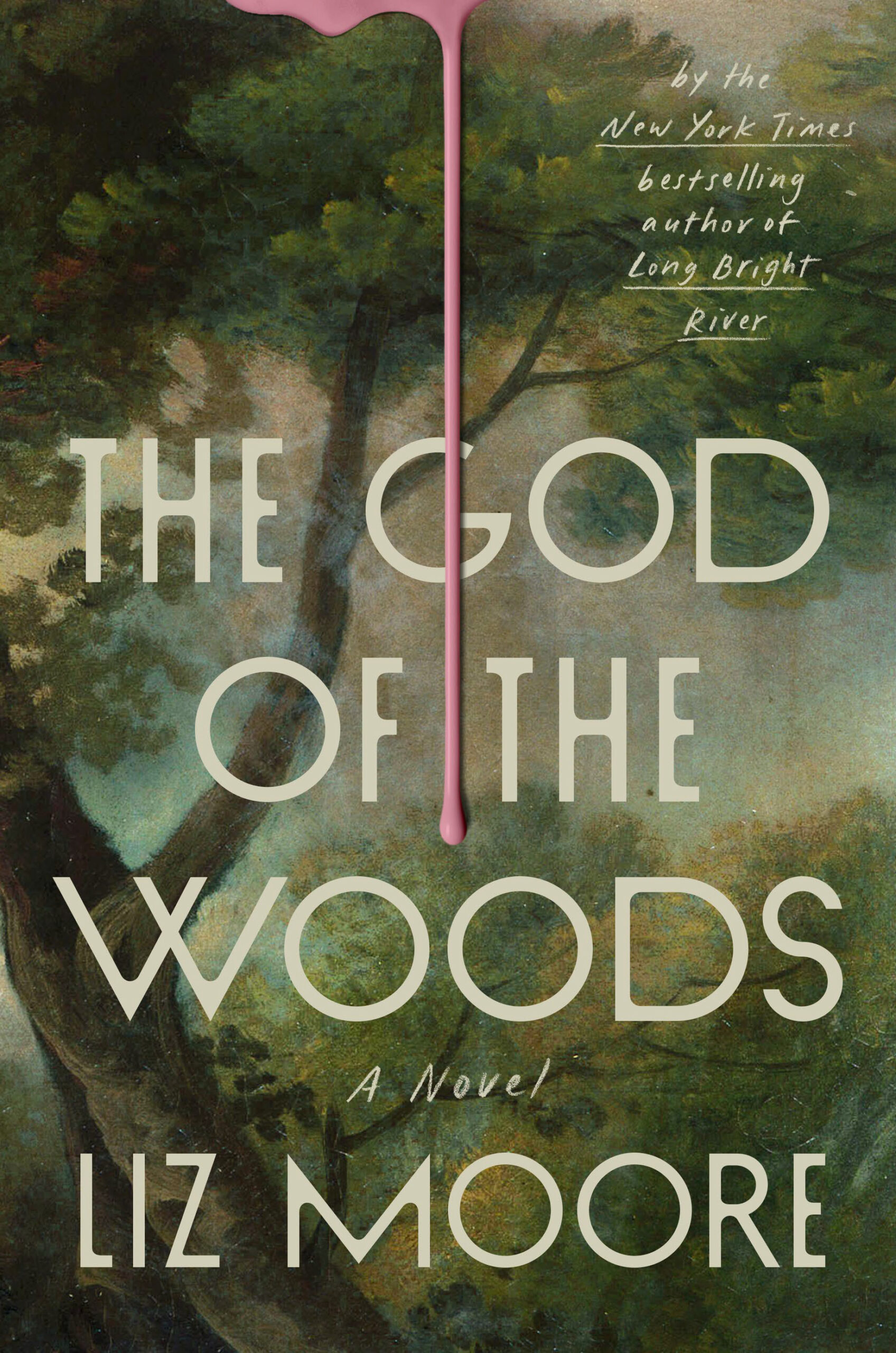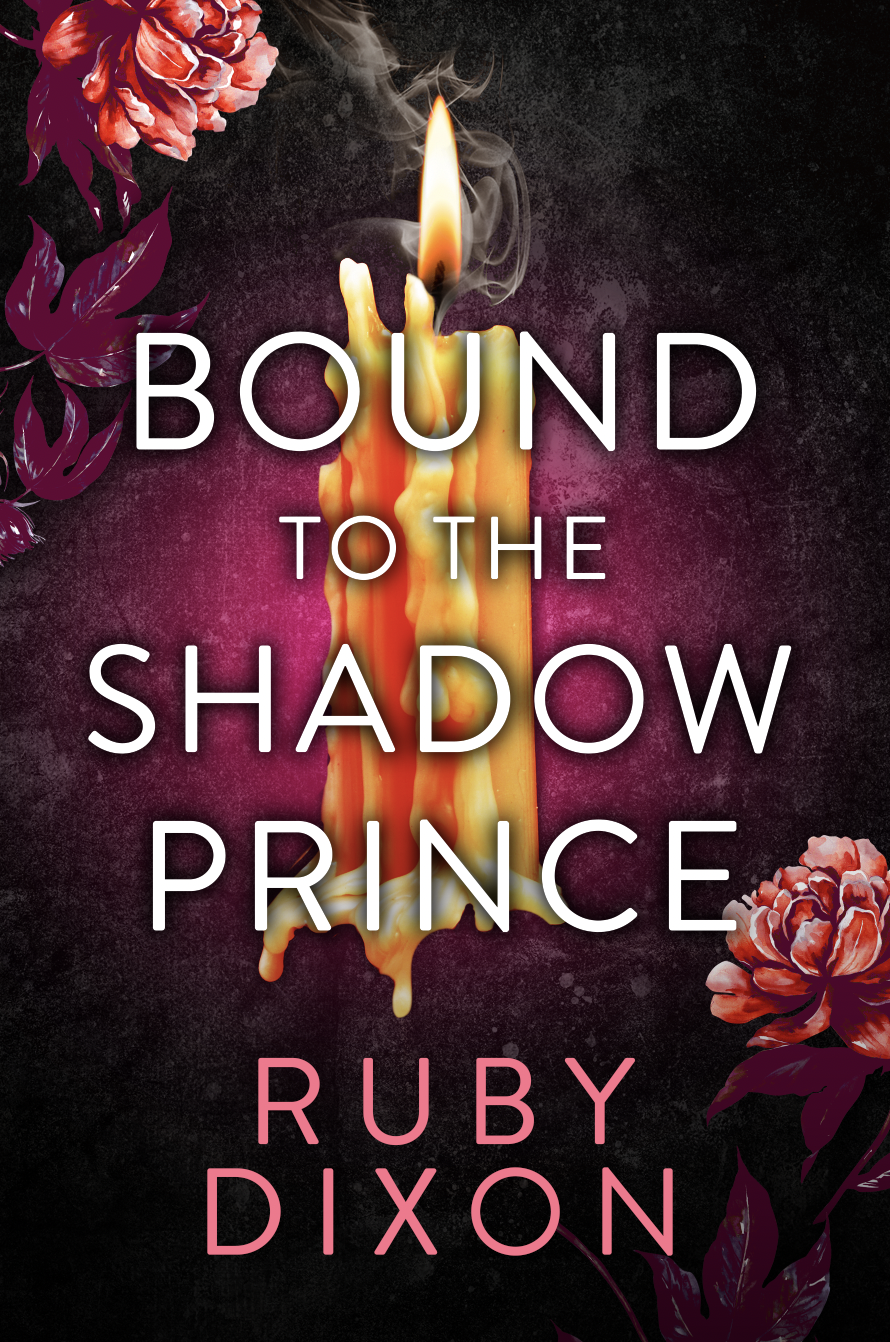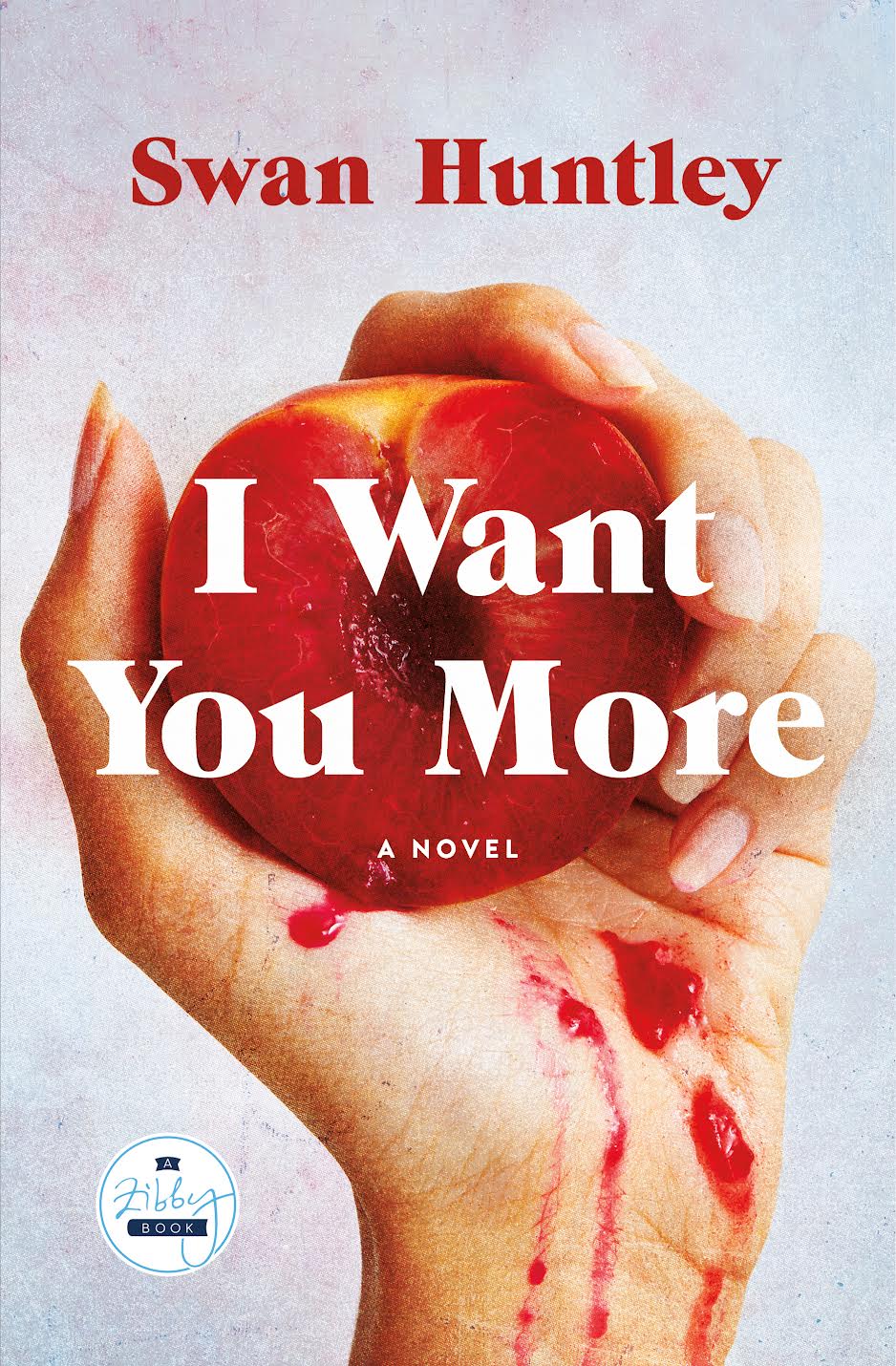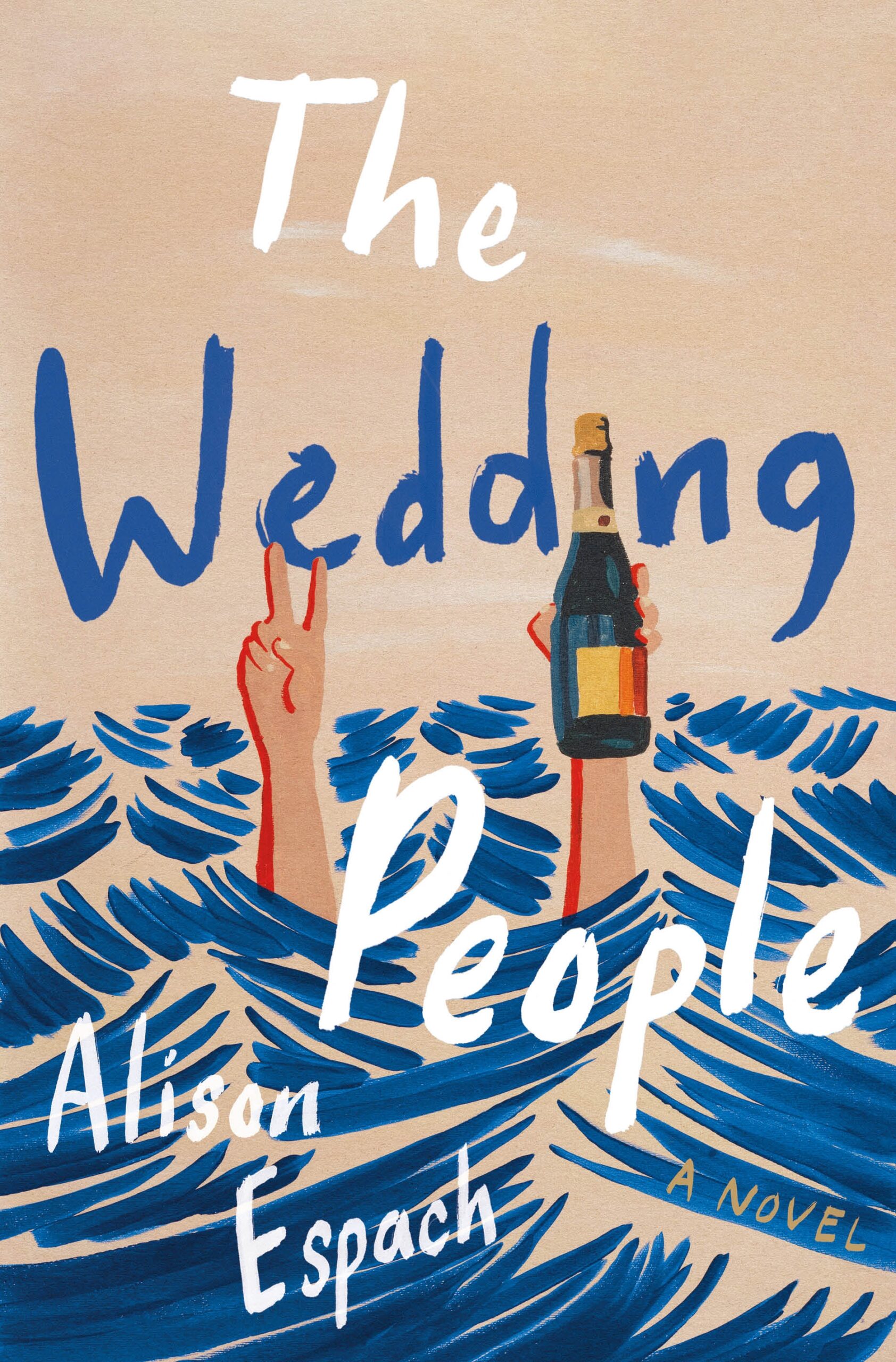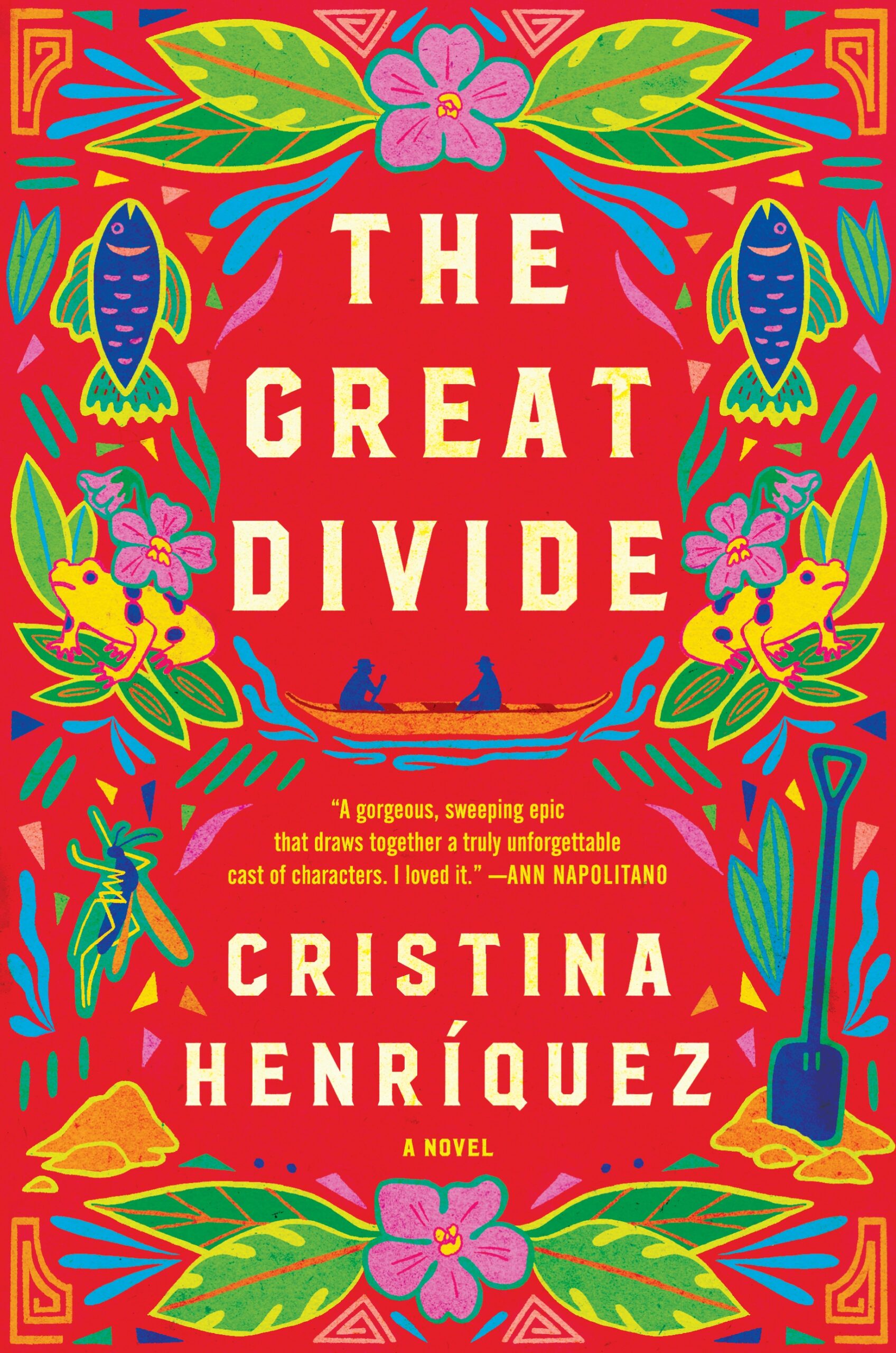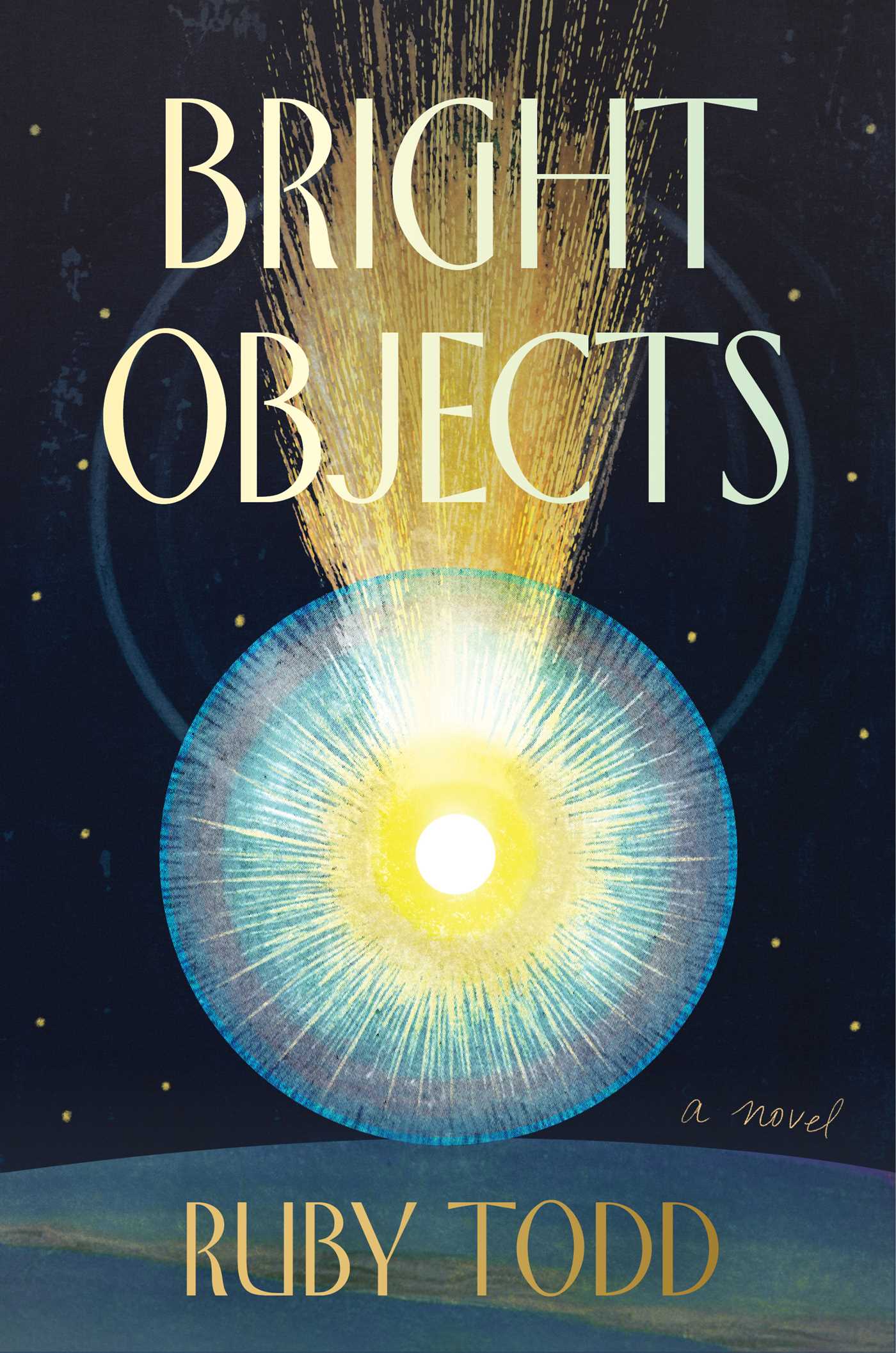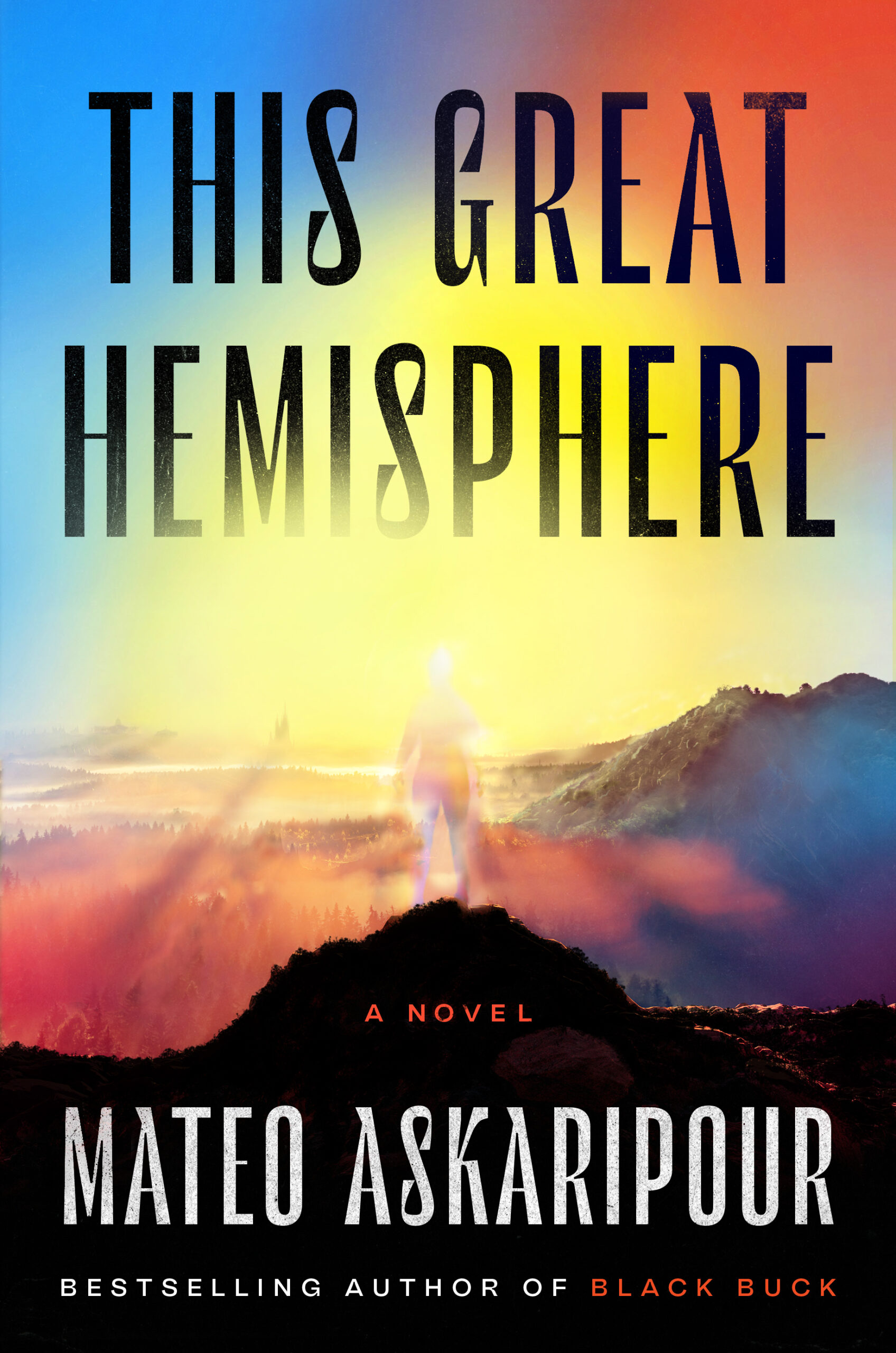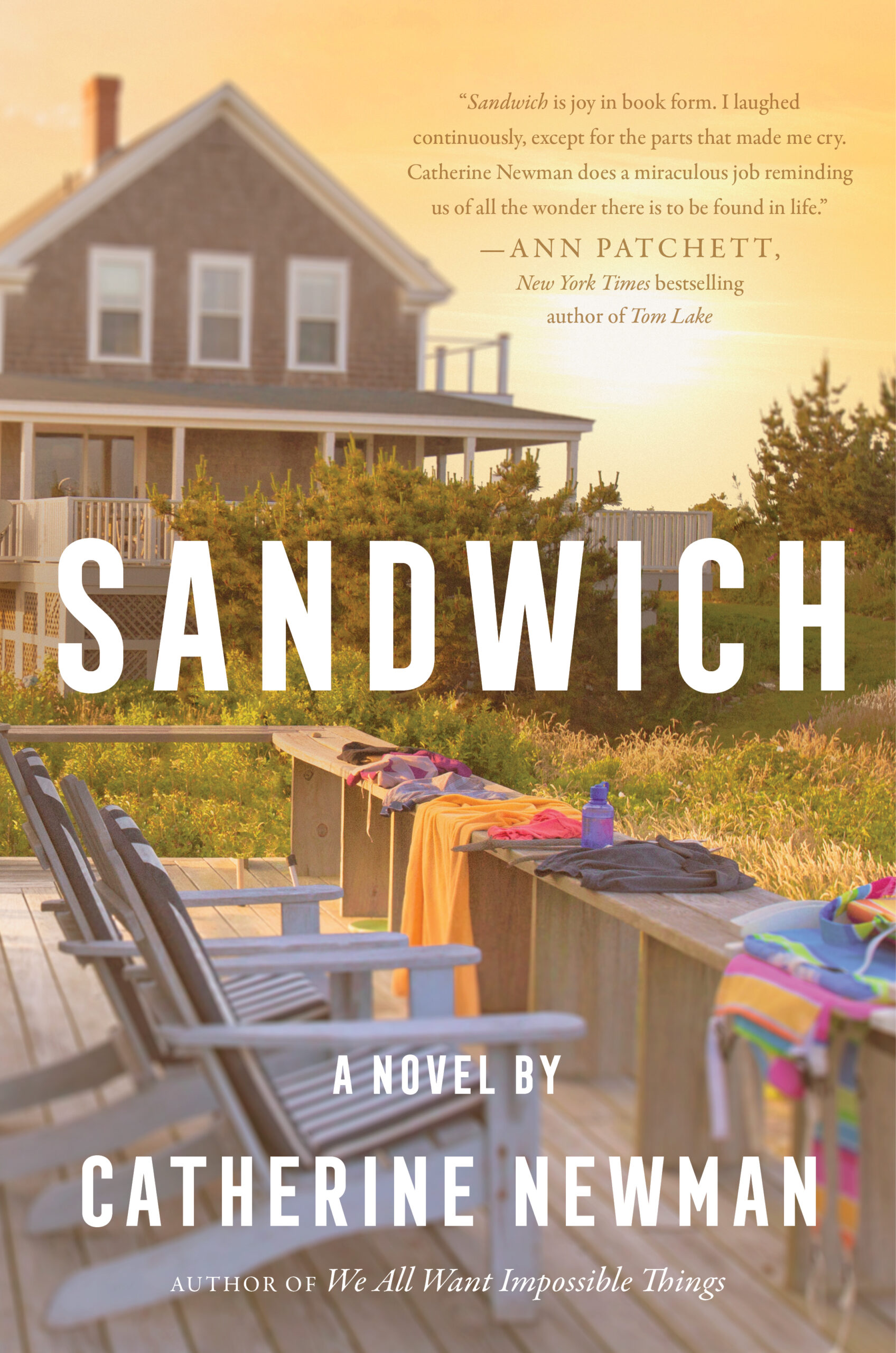Out in the desert in a place called the Palace, a young man tends to a dying soul, someone he once knew briefly, but who has haunted the edges of his life. Juan Gay—playful raconteur, child lost and found and lost, guardian of the institutionalized—has a project to pass along to this new narrator. It is inspired by a true artifact of a book, Sex Variants: A Study in Homosexual Patterns, which contains stories collected in the early twentieth century from queer subjects by a queer researcher, Jan Gay, whose groundbreaking work was then co-opted by a committee, her name buried. As Juan waits for his end, he and the narrator trade stories—moments of joy and oblivion—and resurrect lost loves, lives, mothers, fathers, minor heroes. The past is with us, beside us, ahead of us; what are we to create from its gaps and erasures? Inspired by Kiss of the Spider Woman, Pedro Pajramo, Voodoo Macbeth, the book at its own center and the woman who created it, oral histories, and many more texts, images, and influences, Justin Torres’s Blackouts is a work of fiction that sees through the inventions of history and narrative. An extraordinary work of creative imagination, it insists that we look long and steady at the world we have inherited and the world we have made—a world full of ghostly shadows and flashing moments of truth.
Archives
Witness
What does it mean to take action? To bear witness? What does it cost? In these ten stories, each set in the changing landscapes of contemporary New York City, a range of characters—from children to grandmothers to ghosts—live through the responsibility of perceiving and the moral challenge of speaking up or taking action. Though they strive to connect, to remember, to stand up for, and to really see each other, they often fall short, and the structures they build around these ambitions and failures shape not only their own futures but the legacies and prospects of their families and their city. In its portraits of families and friendships lost and found, the paradox of intimacy, the long shadow of grief, the meaning of home, Witness enacts its own testimony. Here is a world where fortunes can be made and stolen in just a few generations, where strangers might sometimes show kindness while those we trust—doctors, employers, siblings—too often turn away, where joy comes in snatches: flowers on a windowsill, dancing in the street, glimpsing your purpose, change on the horizon. With prose as upendingly beautiful as it is artfully, seamlessly crafted, Jamel Brinkley offers nothing less than the full scope of life and death and change in the great, unending drama of the city.
Birnam Wood
Five years ago, Mira Bunting founded a guerrilla gardening group: Birnam Wood. An undeclared, unregulated, sometimes-criminal, sometimes-philanthropic gathering of friends, this activist collective plants crops wherever no one will notice: on the sides of roads, in forgotten parks and neglected backyards. For years, the group has struggled to break even. Then Mira stumbles on an answer, a way to finally set the group up for the long term: a landslide has closed the Korowai Pass, cutting off the town of Thorndike. Natural disaster has created an opportunity, a sizable farm seemingly abandoned.
But Mira is not the only one interested in Thorndike. Robert Lemoine, an enigmatic American billionaire, has snatched it up to build his end-times bunker—or so he tells Mira when he catches her on the property. Intrigued by Mira, Birnam Wood, and their entrepreneurial spirit, he suggests they work this land. But can they trust him? And, as their ideals and ideologies are tested, can they trust each other? A gripping psychological thriller from the Booker Prize—winning author of The Luminaries, Eleanor Catton’s Birnam Wood is Shakespearean in its drama, Austenian in its wit, and, like both influences, fascinated by what makes us who we are. A brilliantly constructed study of intentions, actions, and consequences, it is a mesmerizing, unflinching consideration of the human impulse to ensure our own survival.
You Know Her
Two hours before he vanished, Mark Dixon stole a glass of wine. That’s what bartender Sophie Braam told the cops when they questioned her about the customer whose mutilated body was just found. What she didn’t tell them is that she’s the one who killed him. Officer Nora Martin is new to the Bellair Police Department and trying very hard to learn the ropes from Detective Murphy while ignoring all the men in the department snapping about a diversity hire. When she meets Sophie, they build an uneasy camaraderie over shared frustrations. As winter slides into spring and bodies start piling up, Nora begins to suspect that something’s not quite right with the unnerving, enigmatic bartender. But will she be able to convince Murph, or will he keep laughing off the idea that the serial killer haunting their little town is a woman? A crackling cat-and-mouse thriller set against the verdant backdrop of small-town Virginia, Meagan Jennett’s You Know Her probes the boundaries of female friendship and the deadly consequences when frustration ferments into rage.
King: A Life
Vividly written and exhaustively researched, Jonathan Eig’s King: A Life is the first major biography in decades of the civil rights icon Martin Luther King Jr.—and the first to include recently declassified FBI files. In this revelatory new portrait of the preacher and activist who shook the world, the bestselling biographer gives us an intimate view of the courageous and often emotionally troubled human being who demanded peaceful protest for his movement but was rarely at peace with himself. He casts fresh light on the King family’s origins as well as MLK’s complex relationships with his wife, father, and fellow activists. King reveals a minister wrestling with his own human frailties and dark moods, a citizen hunted by his own government, and a man determined to fight for justice even if it proved to be a fight to the death. As he follows MLK from the classroom to the pulpit to the streets of Birmingham, Selma, and Memphis, Eig dramatically re-creates the journey of a man who recast American race relations and became our only modern-day founding father—as well as the nation’s most mourned martyr.
Our Migrant Souls
“Latino” is the most open-ended and loosely defined of the major race categories in the United States. Our Migrant Souls: A Meditation on Race and the Meanings and Myths of “Latino” assembles the Pulitzer Prize winner Héctor Tobar’s personal experiences as the son of Guatemalan immigrants and the stories told to him by his Latinx students to offer a spirited rebuke to racist ideas about Latino people. Our Migrant Souls decodes the meaning of “Latino” as a racial and ethnic identity in the modern United States, and seeks to give voice to the angst and anger of young Latino people who have seen latinidad transformed into hateful tropes about “illegals” and have faced insults, harassment, and division based on white insecurities and economic exploitation. Investigating topics that include the US-Mexico border “wall,” Frida Kahlo, urban segregation, gangs, queer Latino utopias, and the emergence of the cartel genre in TV and film, Tobar journeys across the country to expose something truer about the meaning of “Latino” in the twenty-first century.
The Book of Goose
Fabienne is dead. Her childhood best friend, Agnes, receives the news in America, far from the French countryside where the two girls were raised—the place that Fabienne helped Agnes escape ten years ago. Now, Agnes is free to tell her story.
As children in a war-ravaged, backwater town, they’d built a private world, invisible to everyone but themselves—until Fabienne hatched the plan that would change everything, launching Agnes on an epic trajectory through fame, fortune, and terrible loss.
Bliss Montage
Ling Ma brings us eight wildly different tales of people making their way through the madness and reality of our collective delusions: love and loneliness, connection and possession, friendship, motherhood, the idea of home. From a woman who lives in a house with all of her ex-boyfriends, to a toxic friendship built around a drug that makes you invisible, to an ancient ritual that might heal you of anything if you bury yourself alive, these and other scenarios reveal that the outlandish and the everyday are shockingly, deceptively, heartbreakingly similar.
If I Survive You
Masterfully constructed with heart and humor, the linked stories in Jonathan Escoffery’s If I Survive You center on Trelawny as he struggles to carve out a place for himself amid financial disaster, racism, and flat-out bad luck. After a fight with Topper—himself reckoning with his failures as a parent and his longing for Jamaica—Trelawny claws his way out of homelessness through a series of odd, often hilarious jobs. Meanwhile, his brother, Delano, attempts a disastrous cash grab to get his kids back, and his cousin, Cukie, looks for a father who doesn’t want to be found. As each character searches for a foothold, they never forget the profound danger of climbing without a safety net. Pulsing with vibrant lyricism and inimitable style, sly commentary and contagious laughter, Escoffery’s debut unravels what it means to be in between homes and cultures in a world at the mercy of capitalism and white supremacy. With If I Survive You, Escoffery announces himself as a prodigious storyteller in a class of his own, a chronicler of American life at its most gruesome and hopeful.
Strangers to Ourselves
In Strangers to Ourselves, a powerful and gripping debut, Rachel Aviv raises fundamental questions about how we understand ourselves in periods of crisis and distress. Drawing on deep, original reporting as well as unpublished journals and memoirs, Aviv writes about people who have come up against the limits of psychiatric explanations for who they are. She follows an Indian woman, celebrated as a saint, who lives in healing temples in Kerala; an incarcerated mother vying for her children’s forgiveness after recovering from psychosis; a man who devotes his life to seeking revenge upon his psychoanalysts; and an affluent young woman who, after a decade of defining herself through her diagnosis, decides to go off her meds because she doesn’t know who she is without them. Animated by a profound sense of empathy, Aviv’s exploration is refracted through her own account of living in a hospital ward at the age of six and meeting a fellow patient with whom her life runs parallel—until it no longer does.


